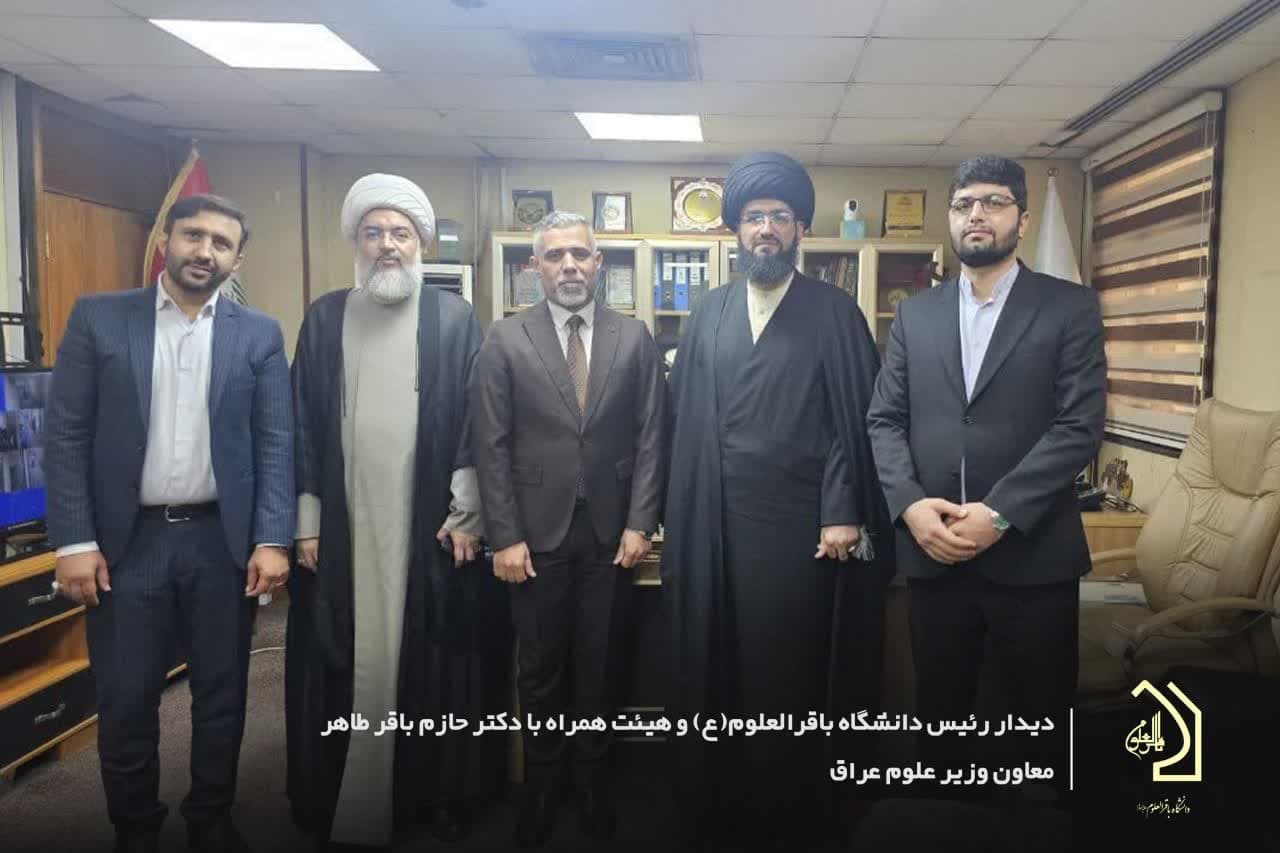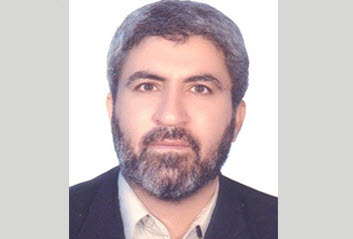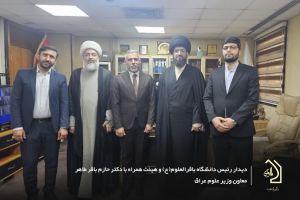In an interview with Dr. Habibollah Razmi; the associate member of Baqir al-Olum University, we seek to get acquainted with Philosophy of Physics.
Interdisciplinary majors are rapidly being proposed and developed in the new world according to the specialized needs and requirements, as well as the rapid growth of various sciences and technologies including sub-disciplines related to nanotechnology and biotechnology or combined trends in engineering. However, the field of philosophy of physics at the University of Baqir al-Olum (as), has been established not only for the similar needs of the above-mentioned cases, but also with regard to the following:
Although the dramatic and vast advances in various fields of applied physics have apparently overshadowed the philosophical discussions in physics, most of the advances in physics have been theoretical and fundamental, and in some cases even empirical, based on fundamental, conceptual discussions and ideas and philosophical in some way. Some people have even thought that physics as an “experimental science” is separate from philosophy thoroughly, and that philosophy as a transdisciplinary major is separate from physics. But the history of fundamental developments in the field of science, especially physics, the great theories of physics, and the thoughts of most of the greats of this science, who undoubtedly had philosophical and theological thoughts, rejects the above assumption.
Today there are great thinkers and physicists who believe that not paying enough attention to the philosophical foundations of physics as an important deficiency in this field. On the other hand, natural sciences as an important part of philosophy and especially Islamic philosophy in recent centuries, especially contemporary, have either been neglected or have a priority that has been raised among the great Islamic and Iranian philosophers in past centuries. This also needs to be reconsidered. That our seminary students, clerics, and scholars are familiar with the basics of the new sciences, especially physics (as the most fundamental / fundamental science) in order to be able to respond to the philosophical and religious challenges and doubts derived from these sciences. And to take the right position is part of the need to address the philosophical foundations of the new sciences, especially physics. Due to the high capacities and richness of Islamic philosophy and wisdom, the expectation of theorizing and producing science on this basis can be achieved and researched in various fields of new sciences, especially physics. Accordingly, the Department of Philosophy of Physics of Baqir al-Olum University with the efforts and pursuit of Professor Dr. Hamid Parsania and with the support and guidance of officials of the office of Islamic Promotion in Qom and Baqir al-Olum University, especially Dr. Ahmad Vaezi and Shamsullah Mariji Since 2013, it has started to work by admitting and training a number of interested students in this field who are familiar with the basics of the field of physics and have a level 3 seminary degree. And with the collaboration of a number of professors of physics and philosophy and by offering courses such as the fundamental methodology of theories of physics and natural sciences, Metaphysical foundations of ancient natural sciences, Metaphysical foundations of modern physics, relativity in physics and philosophy, quantum mechanics in physics and Philosophy, cosmological topics in physics and philosophy, etc. have been active.
Currently, about 20 students are studying for a doctorate in philosophy of physics, some of whom are doing research and preparing a doctoral dissertation after passing a training course, a specialized English language test and a qualify exam, and the rest are studying and passing the required training courses. This group welcomes those interested in this field and through the specialized doctoral exam of the Assessment Organization (under the field of Philosophy of Science) and according to the specialized conditions of Baqir al-Olum University, accepts students and is recommended to applicants in addition to interests. Elementary and necessary enthusiasm in this field, capabilities such as familiarity and knowledge with the science of physics (at least at the level of undergraduate), familiarity and knowledge with philosophy (especially Islamic philosophy) and familiarity and ability with the English language to use specialized and international texts.
It should be noted that in the past few years, and of course in a new and fledgling form and in a small number, but in academic and research centers affiliated with prestigious international institutions and universities, including the Universities of Lausanne and Geneva (Switzerland), Cambridge Universities , Oxford, & Bristol (UK), Columbia University, New York, California / Irvine, California / San Diego, Rutgers (USA), Bonn University (Germany), British Columbia University, Toronto (Canada) And research (founding a field, writing a book, publishing an article, publishing a scientific research journal) under the title “Philosophy of Physics” has begun, which seeks the nature of basic concepts such as space, time, space-time, mass, charge, field, and … are examples and examples of research in physical philosophy. Although these activities are carried out alongside and close to the well-known field of philosophy of science, they are considered as independent and specialized titles of philosophy of physics; even, there are recently internationally well-known journals on the subject of the philosophy of physics by prominent publishers such as Elsevier.
In the end, it is necessary to answer this seemingly simple but important question that despite the theoretical and fundamental tendencies in the conventional field of physics, what is the need for the philosophy of physics? First, in spite of limiting and specifying philosophy to a series of purely intellectual reflections and discussions about “existence” and … which are necessary and respected in their place and are typically under the field of pure philosophy, any scientific activity in order to answer it is in addition to the nature of a subject or issue in various fields of science or even technology as a philosophical activity. Second, current theoretical physics is so engrossed in mathematical and technical discourse that it neglects or impairs principled and conceptual discourse based on philosophical thought. Third, the very few current theoretical and fundamental physicists who pay attention to philosophical issues are the same philosophers of physics whose work falls under the field of philosophy of physics. Fourth, both in the past and now, there have been common issues between physics and philosophy that can be addressed today in the field of philosophy of physics; Fifthly, as mentioned before, the place of using the high capacities of Islamic wisdom and philosophy in theorizing and even new delimitations (design of new horizons) in the field of physics (especially modern physics) is empty.


























